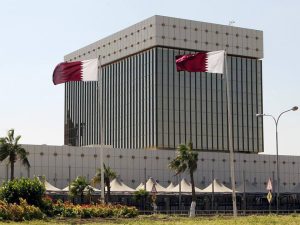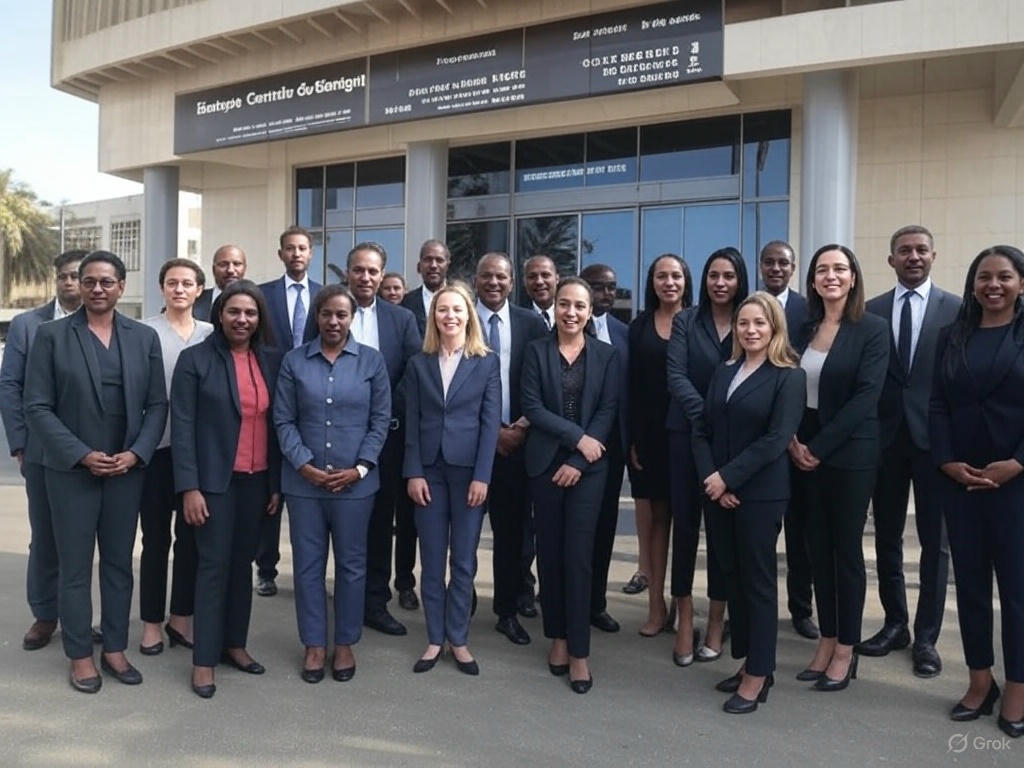Doha, December 2, 2024 – The International Monetary Fund (IMF) has acknowledged Qatar’s steady economic recovery and ongoing structural reforms following a post-World Cup economic slowdown. During its Article IV consultation mission to Doha, an IMF staff team, led by Ms. Ran Bi, noted significant strides in fiscal prudence, economic diversification, and financial stability.
Economic Growth and Outlook
Qatar’s economy is expected to grow by 2% in 2024, bolstered by investments tied to the Liquified Natural Gas (LNG) expansion project, public infrastructure, and a burgeoning tourism sector. Medium-term growth projections are even more optimistic, with an annual average increase of 4.75% anticipated. Key drivers include the completion of the LNG expansion and the implementation of the Third National Development Strategy (NDS3).

“The Qatar Central Bank (QCB) has broadly maintained the monetary policy in line with the U.S. Federal Reserve, consistent with the currency peg to the U.S. dollar. I
While GDP growth in 2023 slowed to 1.2% from 4.2% in 2022 due to contraction in construction and moderated services following the FIFA World Cup, high-frequency indicators suggest renewed momentum. Inflation, which had been moderated by tighter monetary policies, is forecasted to stabilize at 1% in 2024 and converge to 2% over the medium term.
Fiscal Sustainability and Structural Reforms
Qatar’s fiscal position remains robust, with surpluses expected in both fiscal and current accounts over the medium term. The IMF commended Qatar’s fiscal discipline, citing the extension of its budget horizon to five years and the adoption of program-based budgeting. To enhance long-term sustainability, the IMF recommended accelerating revenue diversification, introducing a value-added tax, and aligning domestic energy prices with export benchmarks.
“These measures would bolster fiscal sustainability while supporting economic transformation,” said Ms. Bi.
Strengthening Financial Stability
The Qatar Central Bank (QCB) has maintained monetary policies aligned with the U.S. Federal Reserve to support the riyal’s peg to the dollar. Enhanced liquidity management and the overall health of the banking sector were highlighted as critical achievements. However, the IMF emphasized the need for continued vigilance, especially in managing banks’ net foreign liabilities, addressing asset quality concerns, and monitoring public-sector interconnectedness.
Driving Economic Transformation
The IMF recognized Qatar’s progress in transitioning to a knowledge-based, private-sector-led economy under NDS3. Prioritizing skill development, innovation, and trade diversification were identified as key to this shift. Additionally, Qatar’s efforts in AI adoption, digitalization, and climate initiatives were acknowledged, with a call for further action to maximize their potential.
IMF Engagement and Future Discussions
The IMF mission engaged with key stakeholders, including Minister of Finance H.E. Ali bin Ahmed Al Kuwari, senior government officials, and private-sector representatives. A detailed report based on the mission’s findings will be presented to the IMF Executive Board in January 2025 for further discussion.
Qatar’s sustained reform momentum and strategic investments position it well for economic transformation and resilience, the IMF concluded.




